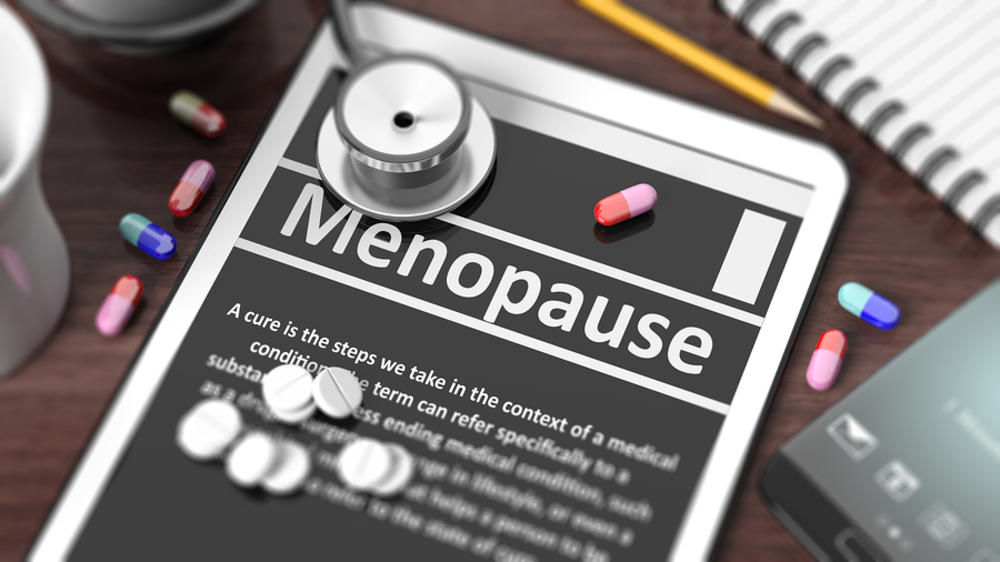Menopause doesn’t happen overnight. The transitionary period before a woman stops having her period all together, called perimenopause, can last for a few months or for as long as four years. If you’re approaching the age when most women go through menopause (usually around 45 - 51), you may be wondering how to know when your body has begun the transition. Knowing the signs of menopause will help you take some of the uncertainty out of your own journey and will help you do what’s best for you and your body. Here’s what to look out for:
Menopause Sign 1: Hot Flushes
Characterised by sudden and intense feelings of being too hot, hot flashes are one of the most common symptoms of menopause. While hot flushes can be annoying, most women find that they can manage the symptoms by dressing in layers, sipping ice water, and keeping a few ice packs on hand to help cool things down.
Menopause Sign 2: Irregular Periods
A woman is considered to be officially in menopause after going one year without having a period. However, for most women, this process happens gradually over time.
One of the most obvious early signs of menopause is experiencing irregular periods. Your fluctuating hormone levels could cause your periods to be significantly lighter or heavier than usual and the timing is likely to be off of your regular cycle.
Menopause Sign 3: Vaginal Dryness
This common symptom of menopause can cause vulvar irritation or discomfort and pain during sexual intercourse. The good news is that, for most women, a premium quality personal lubricant is all they need to start feeling like themselves again. We can even send you a free sample of ASTROGLIDE so you can see the difference for yourself.
Other Early Signs of Menopause

While the above signs of menopause are some of the most common, there are several other symptoms that women may experience, including:
- Trouble sleeping
- Breast tenderness
- Decreased sex drive
- Urine Leakage and/or increased urgency
- Mood Swings
- Fatigue
The symptoms of menopause can be annoying, but if you talk to your doctor, you can work out a plan to manage your symptoms.

